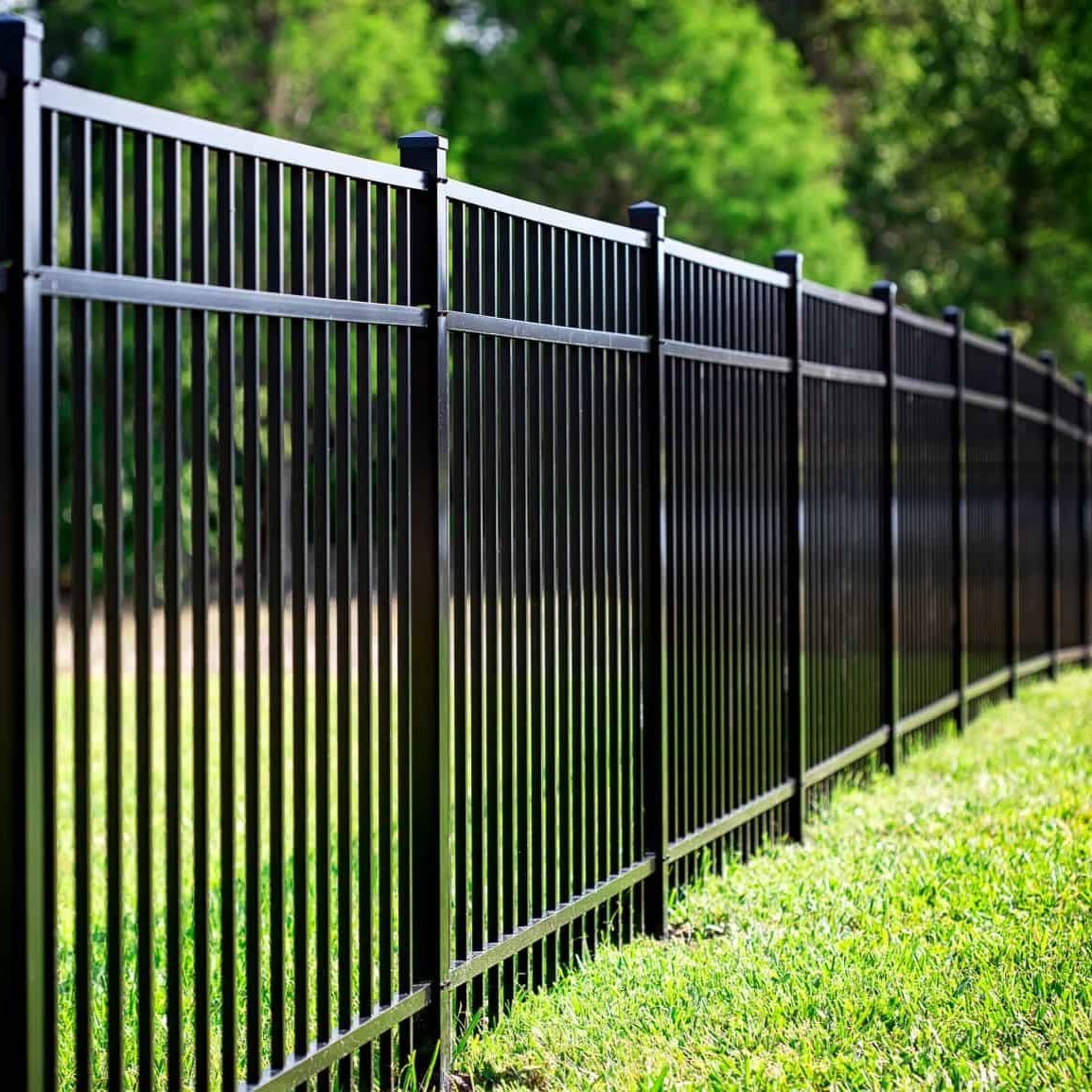Industrial fencing is a critical component of many indu […]
Industrial fencing is a critical component of many industrial facilities, serving a variety of purposes including security, safety, and privacy. It is designed to meet the specific needs of industrial sites, with features that set it apart from other types of fencing.

The primary function of industrial fencing is to provide security for the facilities and its employees. Fences help to keep unauthorized individuals from entering the property and potentially causing harm or theft. Additionally, the fences help to deter criminal activity, such as vandalism or break-ins. Industrial fences are typically made from durable materials such as steel or aluminum, making them difficult to breach or climb over.
Another important aspect of industrial fencing is its ability to provide a safe working environment. Fences can be used to create boundaries around hazardous areas, helping to prevent accidents or injury. For example, fences can be used to secure large machinery, dangerous chemicals, and other hazardous materials. By creating a physical barrier between employees and these hazards, the risk of injury or damage is significantly reduced.
In addition to security and safety, industrial fences are also used for privacy. Industrial facilities often contain sensitive information or operations that must be kept confidential. Fencing can be used to create private areas within the facility where information can be exchanged or confidential work can be performed. This helps to keep the facility secure and to maintain the privacy of the workers and their operations.
Another important aspect of industrial fencing is its customization options. Fences can be designed to meet the specific needs of a facility, including height, style, and materials. For example, some facilities may require tall fences to provide maximum security, while others may prefer shorter fences that are less obtrusive. Industrial fences can also be designed with specific features, such as gates, locks, or intercom systems, to meet the specific needs of the facility.
The installation of industrial fencing is an important decision for facilities, as it can greatly impact the overall security and safety of the site. Fencing professionals can help to assess the specific needs of a facility and recommend the best type of fencing for the job. They can also provide expert installation services, ensuring that the fence is properly installed and secure.
One important factor to consider when selecting an industrial fence is the material it is made from. Steel and aluminum are two popular choices, as they are durable and long-lasting. Steel fencing is often the preferred option for its strength and durability, while aluminum fencing is often used for its lightweight and corrosion-resistant properties.
Another factor to consider when selecting an industrial fence is its appearance. Fences can be designed to blend in with the surrounding environment, or to stand out as a visible deterrent. The choice of color and style can also play a role in the overall look of the fence.